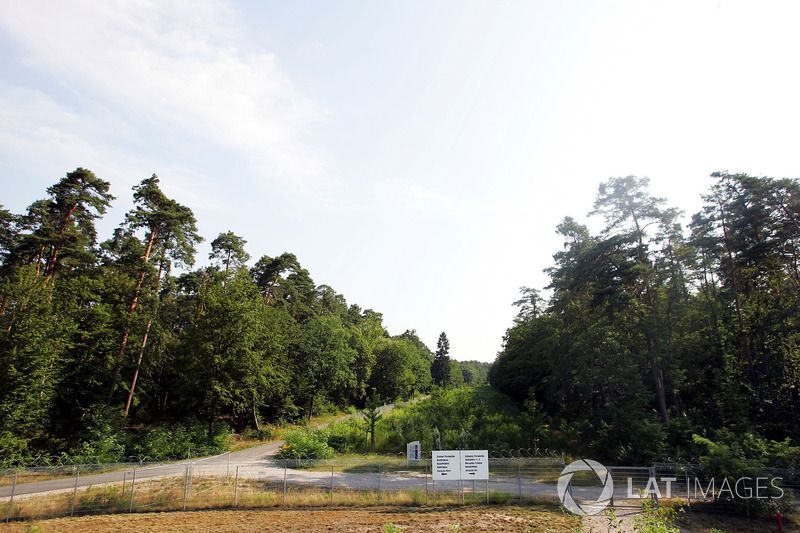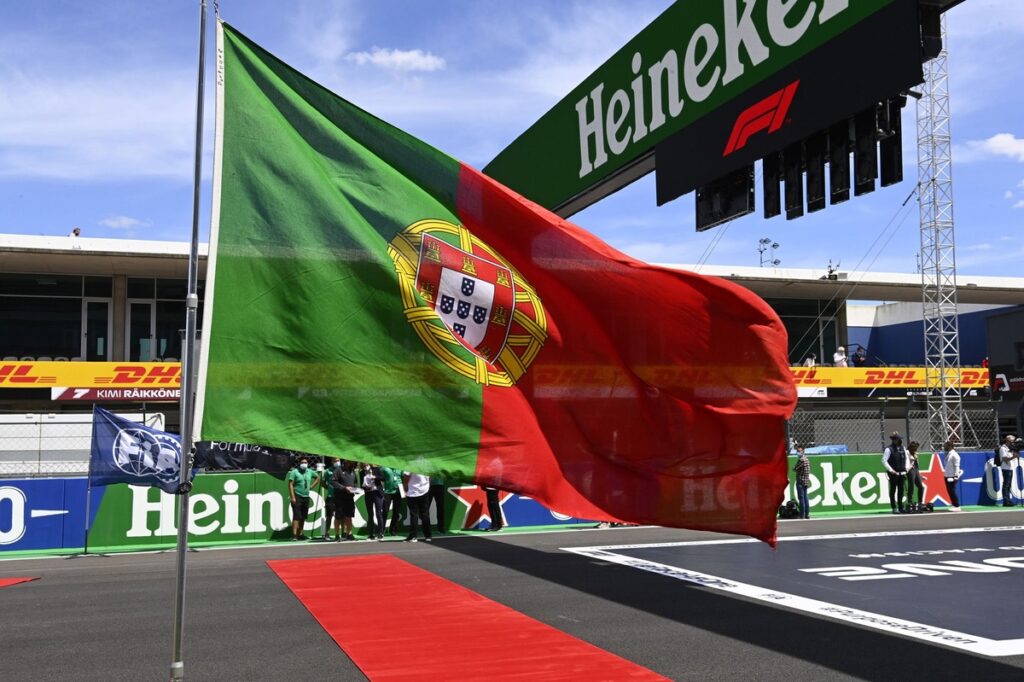While there have been loud claims made by local – and even national – politicians about the return of Portugal and Turkey to the Formula 1 calendar, F1 CEO Stefano Domenicali has now confirmed interest from those countries – and Germany, in the form of Hockenheim.
Interest in F1 is at an all-time high, largely as a consequence of the so-called ‘Netflix effect’. Next year there will be a new race in Spain, at a yet-to-be-completed facility near Madrid. And, while the Concorde Agreement – the commercial contract which binds the teams, F1 and the FIA – enshrines a maximum number of races beyond the current 24, there is a consensus that this is a natural limit in terms of logistics, budget, and personnel welfare.
Last month the Portuguese Prime Minister Luis Montenegro, said at a political rally: “We have everything ready to formalise the return of Formula 1 to the Algarve in 2027.”
Such pronouncements are usually best treated with due scepticism, as are the regular claims from Turkey that it is likely to make a comeback. Istanbul and the Autodromo do Algarve near Portimao hosted grands prix in the COVID era, but these were not traditional events laid on and paid for by a promoter – F1 hired the tracks to fulfil its broadcasting contracts and hosted the races behind closed doors or with much-reduced crowds.
With the exception of Imola, which held its final race this year, Zandvoort, which falls off the calendar after 2026, and Barcelona, which may or may not continue after next year, the rest of the F1 venues have long-term contracts taking them to 2030 or beyond.
“We’ve signed important contracts with many promoters,” F1 CEO Stefano Domenicali told a select group of media including Autosport.
A message to F1 from the Portuguese fans
Photo by: Mark Sutton / Motorsport Images
“Long terms mean the ability to spread out investments already made or planned. We have many requests.
“In 2026 Zandvoort will host its last Grand Prix, so we’re discussing new addition, including alternating events. But there won’t be many: one or two, no more. Barcelona is interested in an alternating slot.
“There’s Portugal, Turkey, and recently Hockenheim – which has new ownership – has shown interest. The most important thing prospective hosts must understand is that there are very few available slots, so those who sit at the table need financial strength.
“Today the situation is different from a few years ago, not only for what it takes to enter F1 but also for what must be invested. Let’s not forget we’re pushing hard on sustainability: all promoters must be ready to meet 2030 carbon-neutral standards.
“Events that host 450–500 thousand people will face challenges in energy, general management and everything around them. We’re working seriously on these issues and promoters must align. Those who aren’t ready won’t be able to organise the event.”
When former F1 ‘ringmaster’ Bernie Ecclestone began annexing F1’s commercial rights in the 1970s with his ally Max Mosley, later the FIA president, race promoters were independent commercial entities or national automobile clubs themselves. The former category were often fly-by-nights who left bills unpaid, the latter typically lacked the necessary commercial and organisational expertise.

The old Hockenheim circuit
Photo by: Sutton Images
Indeed, Ecclestone and Mosley acted as promoters of the 1978 German Grand Prix at Hockenheim when the Automobilclub von Deutschland decided it was too much like hard work.
In recent decades, the increasing expense required to lay on events (in part because Ecclestone sold F1’s commercial rights to grasping venture capitalists in the mid-2000s) has made it virtually impossible to host grands prix without some form of government support.
It’s said Ecclestone had his ‘lightbulb moment’, after years of dealing with here today, gone tomorrow promoters, when a dignitary from the South Australian state government flew to London in person to present the cheque to host the 1985 Australian Grand Prix in Adelaide.
F1’s love affair with state subsidies continues today: new venues in the offing include a second one in Saudi Arabia, as well as new destinations in Rwanda and Thailand. They are currently very much ahead of Portugal and Turkey in the queue, and other races will have to enter ‘rotation’ arrangements to make way for them.
As to Hockenheim, it desperately needs new investment to upgrade its dilapidated facilities. While there are those who have rose-tinted memories of its last race, in 2019, that grand prix was made all the more exciting by rapidly changing weather conditions. For the mechanics it was a miserable weekend toiling in sub-standard facilities.
For the German Grand Prix to return it will need support from government at some level, regardless of the aspirations of its new owners.
“It’s very difficult,” said Domenicali. “Aside from a very few cases, I have to say that about 90% of promoters receive contributions from their government or related entities. Without that support it’s very difficult.”
In this article
Be the first to know and subscribe for real-time news email updates on these topics
Read the full article here

